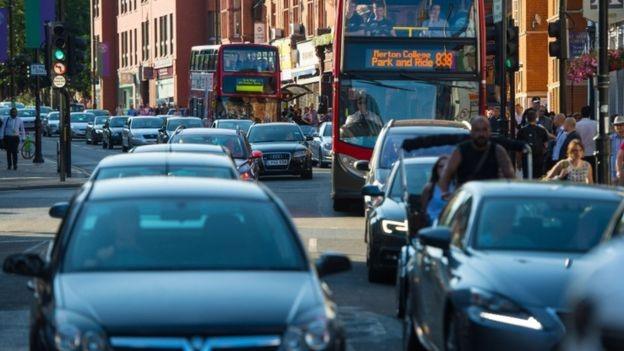Southampton non-charging Clean Air Zone plan agreed
- Published
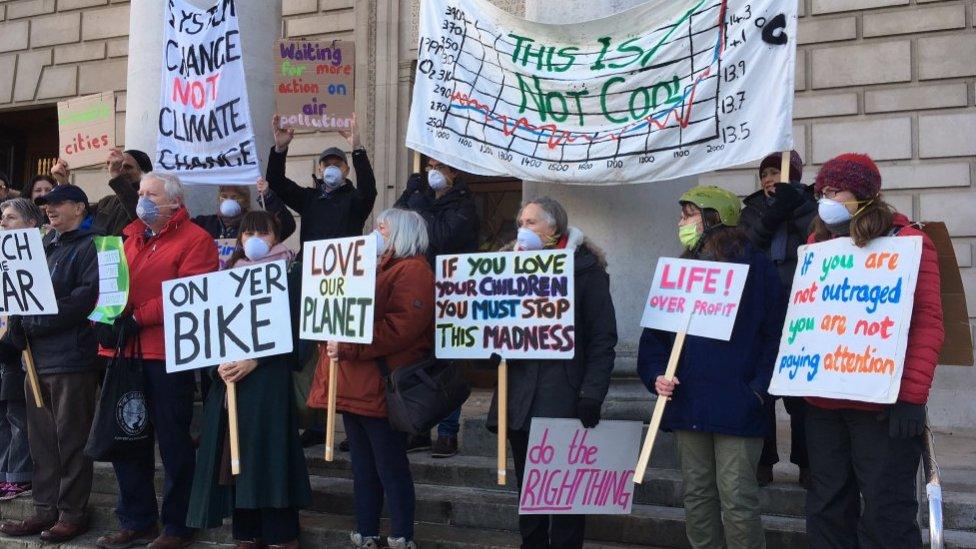
Protesters gathered outside the meeting in Southampton
Plans to introduce a non-charging clean air zone in Southampton have been unanimously approved by councillors.
The scheme, which will remove the most polluting taxis and impose new rules on buses, aims to bring air quality to within legal levels by 2020.
It was criticised by campaigners after plans to charge vehicles were dropped.
Council leader Chris Hammond said the scheme was "never about the wider clean air issues" but it would bring the city within nitrogen dioxide (NO2) limits.
About 56% of the 10,000 people who responded to a public consultation had supported the original proposal to charge high-polluting vehicles up to £100 a day to drive into the city.
But earlier this month the council said it could meet government limits through a "refined set of freight, bus and taxi measures".
The meeting at Southampton City Council heard the city's port had also expressed plans to install shore power which would allow ships to run on electrical energy, instead of leaving their engines running while docked, the Local Democracy Reporting Service said.
Associated British Ports (ABP) director Alastair Welch said it was "a big opportunity" to achieve the legal obligation, but added: "Now we need to work together as a city to bring in even more pollution improvements within the area."
Southampton is one of four English cities preparing to introduce clean air zones by 2020.
The others are Birmingham, Derby and Leeds.
- Published22 January 2019
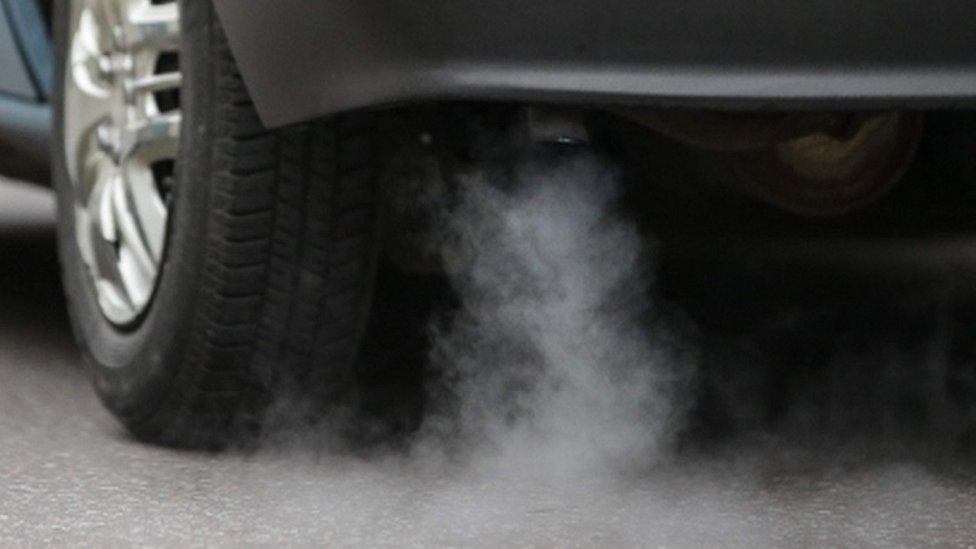
- Published9 January 2019
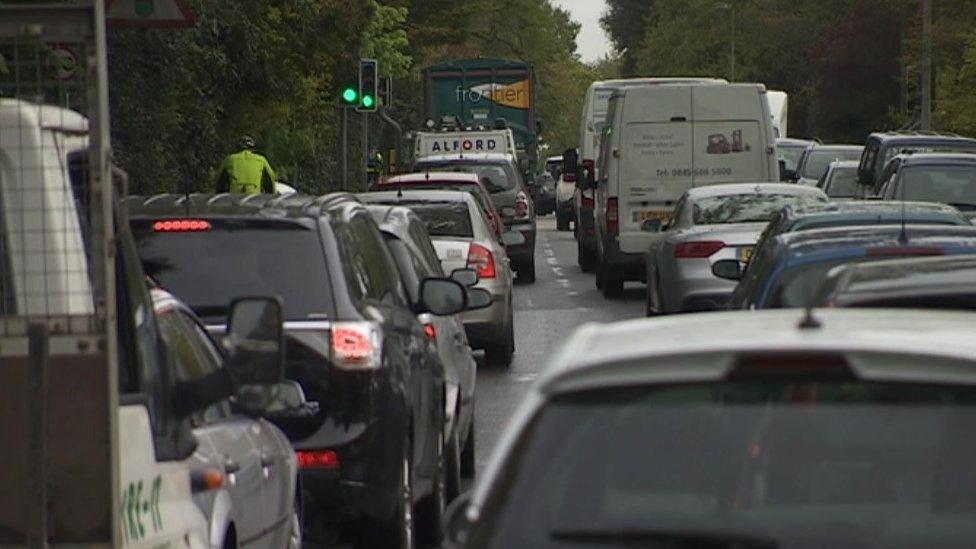
- Published20 December 2018

- Published3 December 2018

- Published27 September 2018
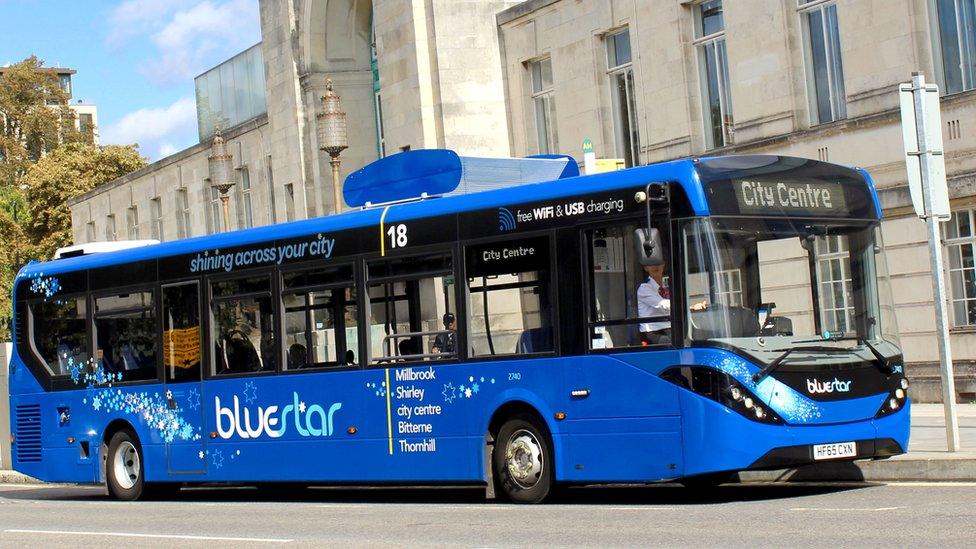
- Published7 September 2018
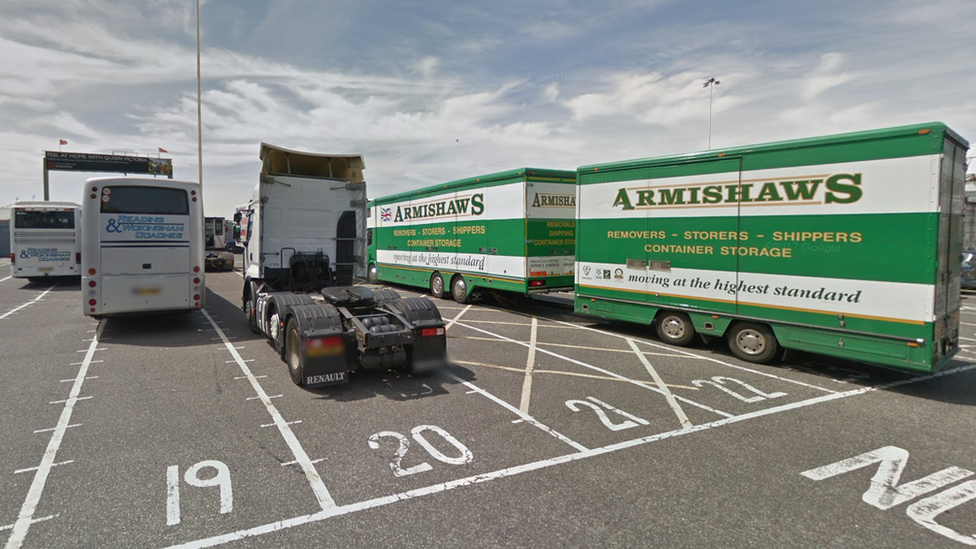
- Published27 June 2018
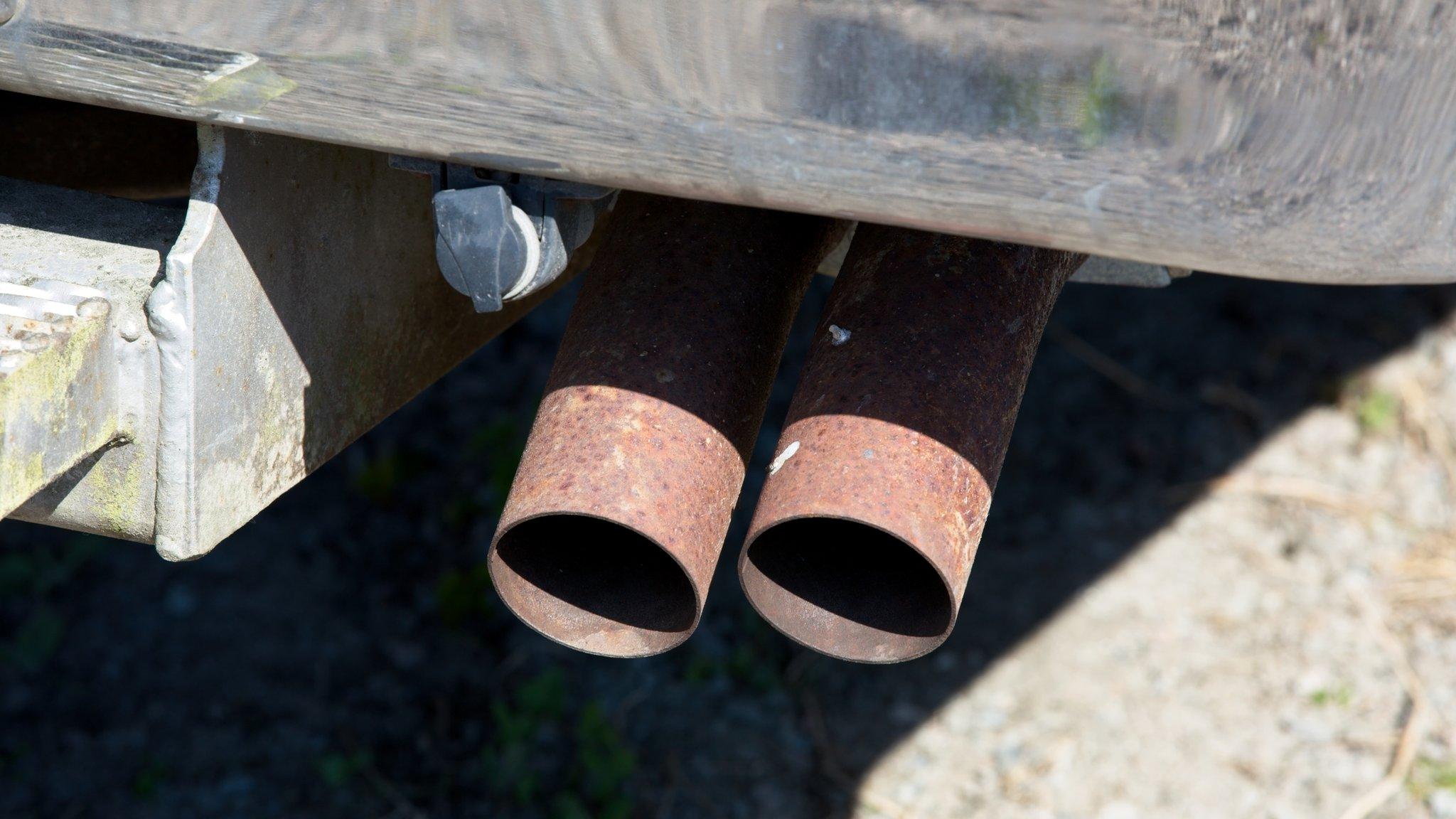
- Published4 May 2018
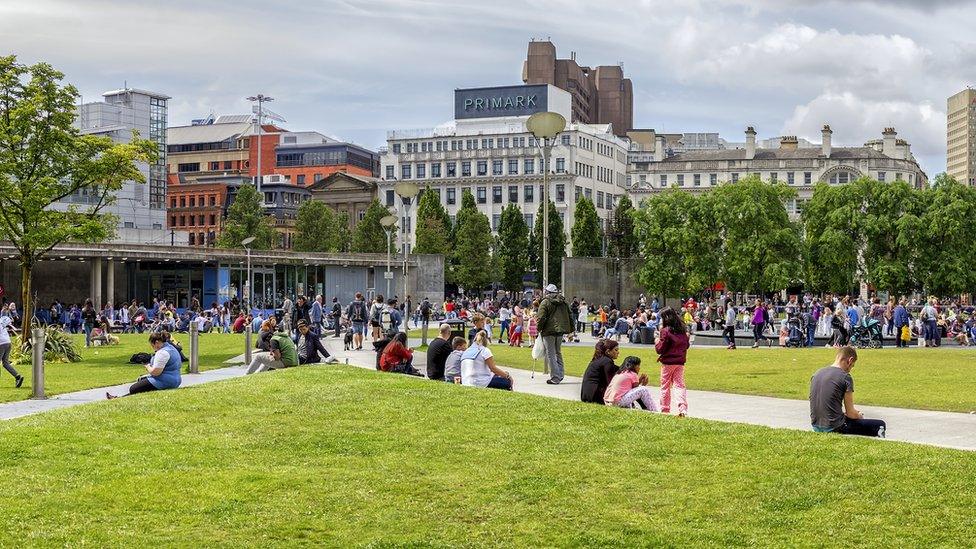
- Published6 March 2017
